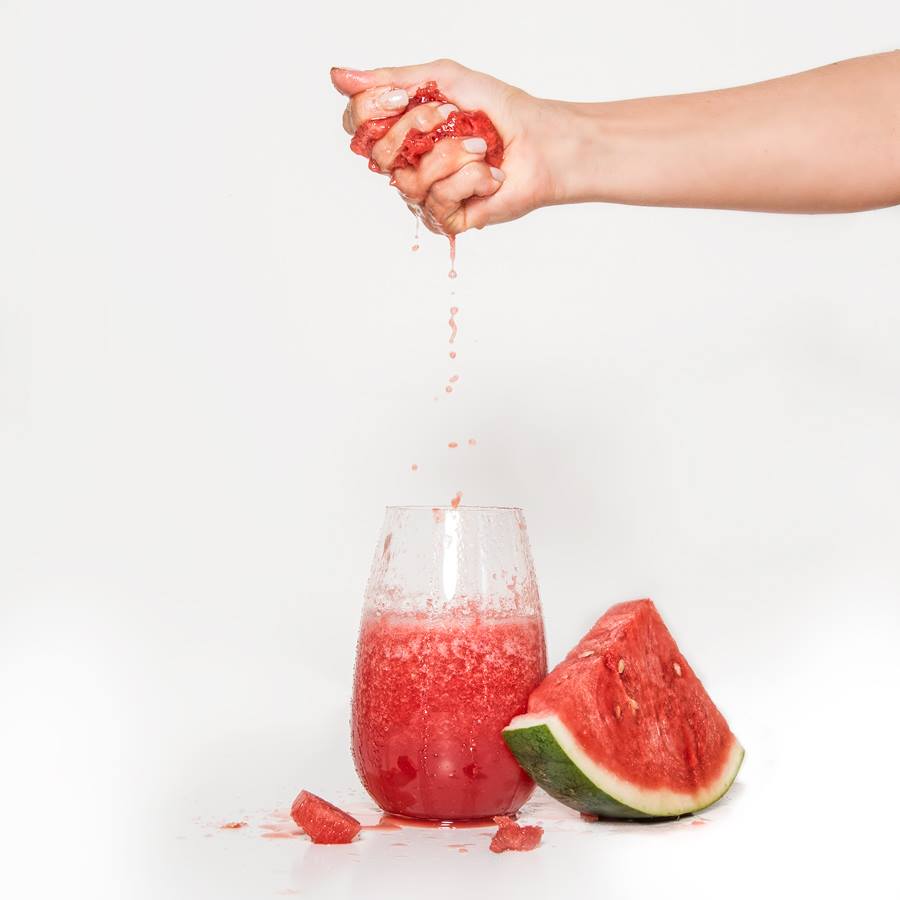Hey Healthy, Sexy Parents-to-be!
Ever’s father and I didn’t even have the fun of trying to get pregnant, as we conceived on our first try at it.
But many couples aren’t so graced.
Infertility impacts as many as 15% of couples wanting to conceive a child, and about half of those situations are a result of male infertility.
According to a recent Harvard study, increasing saturated fat intake in male test subjects correlated to a 38% drop in sperm count. Interesting, hey? Why might that be?
The answer could be found in something called xenoestrogens, which are industrial pollutants found in animal fat (and especially fish) that disrupt the endocrine system. But sperm count isn’t the only factor in male fertility—more important is how well the sperm that are there do their job of fertilizing an egg!
Another recent study has suggested there may be a link between higher meat consumption and reduced success of pregnancy and fertilized egg implantation.
This makes sense when we consider that use of chemicals and steroids in the meat industry are leading to increased levels of xenoestrogens and other steroids in processed foods—which in turn may lead to a decline in semen quality. As mentioned already, xenoestrogens build up in fatty foods like meat and fish, as they are highly fat soluble.
What can we learn here? Both men and women’s lifestyles have a serious impact on their chances of conceiving—especially when those lifestyles involve high consumption of meat and other fatty animal products.
On the other hand, studies have also suggested that consumption of some fruits and vegetables can positively affect—or at least maintain—semen quality. Researchers have theorized that this is probably related to the high antioxidant content and other nutritional values of these foods.
There are other possible explanations for the negative effect of meat consumption on semen quality. Exposure to pollutants like dioxin, even at low levels, might permanently reduce sperm quality. This, it’s been suggested, could be the reason that human sperm quality seems to be declining over time in many parts of the world.
In addition, consumption of meat from mama cows may significantly affect testicular development in men—ultimately impacting their fertility later on. It’s likely that anabolic steroids implanted in animals are responsible…or it could be that those steroids interact with other chemicals found in meat (like pesticides, or plastic chemicals in packaging) to produce this effect.
But wait, Wild Ones—there’s more…
Let’s talk about heavy metals like lead and cadmium, exposure to which may be linked to greater difficulty conceiving. Know where these metals are found? Seafood taken from fish markets was tested for these substances—here are the results:
Cadmium levels were highest in tuna; lead was highest in prawns and scallops. Generally the older and larger the fish, the higher levels of heavy metals it contained. This makes sense, as the same link has been observed in cadmium levels in beef from older, larger cows.
And remember, these are just a few examples. We talk about mercury all the time, but it is far from the only hazardous pollutant waiting for us in animal products.
The science is clear: Meat, fish and other animal products are your enemy if you are trying to conceive a child. Cut these foods out of your diet, and see what happens!
Want to achieve your sexiest, slimmest most fertile body right now? My newest book, HEALTHY, SEXY, VEGAN MUMMA. is available for pre-order! Filled with practical, proven guidance to embrace the vegan lifestyle and finally eat for the sexy body, health, and life you and your family or family to be.. deserve. Get it here now!
xx
Donna
Resources:
J. E. Chavarro, J. W. Rich-Edwards, B. A. Rosner, W. C. Willett. Caffeinated and alcoholic beverage intake in relation to ovulatory disorder infertility. Epidemiology 2009 20(3):374 – 381
R. C. Ferreira, G. Halpern, R. de Cássia S. Figueira, D. P. de Almeida F. Braga, A. Iaconelli Jr, E. Borges Jr. Physical activity, obesity and eating habits can influence assisted reproduction outcomes. Women’s Health (Lond Engl) 2010 6(4):517 – 524
J. Mendiola, A. M. Torres-Cantero, J. M. Moreno-Grau, J. Ten, M. Roca, S. Moreno-Grau, R. Bernabeu. Food intake and its relationship with semen quality: A case-control study. Fertil. Steril. 2009 91(3):812 – 818
P. Mocarelli, P. M. Gerthoux, L. L. Needham, D. G. Patterson Jr, G. Limonta, R. Falbo, S. Signorini, M. Bertona, C. Crespi, C. Sarto, P. K. Scott, W. E. Turner, P. Brambilla. Perinatal exposure to low doses of dioxin can permanently impair human semen quality. Environ. Health Perspect. 2011 119(5):713 – 718
S. H. Swan, F. Liu, J. W. Overstreet, C. Brazil, N. E. Skakkebaek. Semen quality of fertile US males in relation to their mothers’ beef consumption during pregnancy. Hum. Reprod. 2007 22(6):1497 – 1502
F. S. v. Saal. Could hormone residues be involved? Hum. Reprod. 2007 22(6):1503 – 1505
Originally published at wilddonna.com


